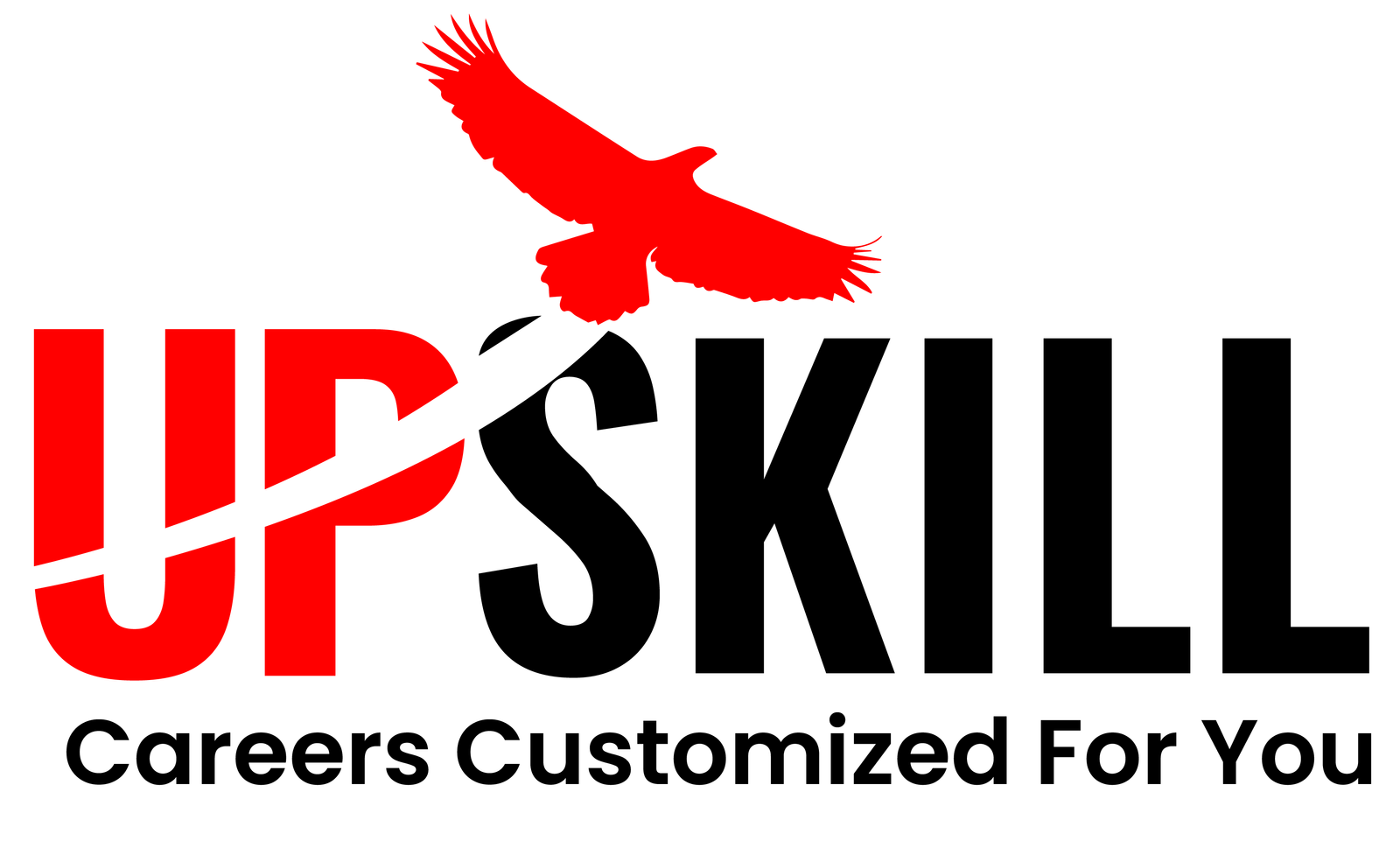Program Overview
Participants will learn how to apply critical thinking skills to solve challenges
using human centered design concepts and other techniques in this workshop.
Traditionally technology has been ever-present in the health science industry.
However, due to substantial technological advancements, in the field
preferences, the digitally charged health science ecosystems, we must be
proficient in navigation process. Working alongside these digital platforms, it’s
imperative to have strong critical thinking skills. This program recognizes the
importance of training our pre-professionals early, with viable components of
critical thinking strategies, to strengthen their problem-solving skills and
produce successful outcomes. These critical thinking skills will equip earlyprofessionals to problem solve and collaborate with other professionals, from
multidisciplinary backgrounds. Our invaluable critical thinking program is also
designed to empower the students to target “soft skills” (or interpersonal skills)
to help healthcare professionals collaborate with IT teams, along with ensuring
students will embrace and implement changes, while developing creative ideas
for future growth and to analyzing and evaluating information, while gather
meaningful information from healthcare data systems and make strategic
decisions that impact patient care and meet organization objections. We will
investigate and apply problem- solving tools and strategies as a group, utilizing
the power of multidisciplinary collaboration.
KEY LEARNING OBJECTIVES
Learn critical thinking skills and strategies to excel as professional in health
science. Participants are introduced to different methodologies of critical
thinking from a systematic approach, that will build confidence in there critical
thinking process and in real life scenarios and towards the advancement of
their careers.
- Team up with other pre-professionals and train together to drive growth on a case scenario.
- Explore the relationship between Critical Thinking and Problem Solving.
- Formulate clear and concise problem statements to facilitate effective
communication and decision making. - Apply critical thinking strategies to analyze complex health science
scenarios. - Become more confident in your problem-solving skills.
